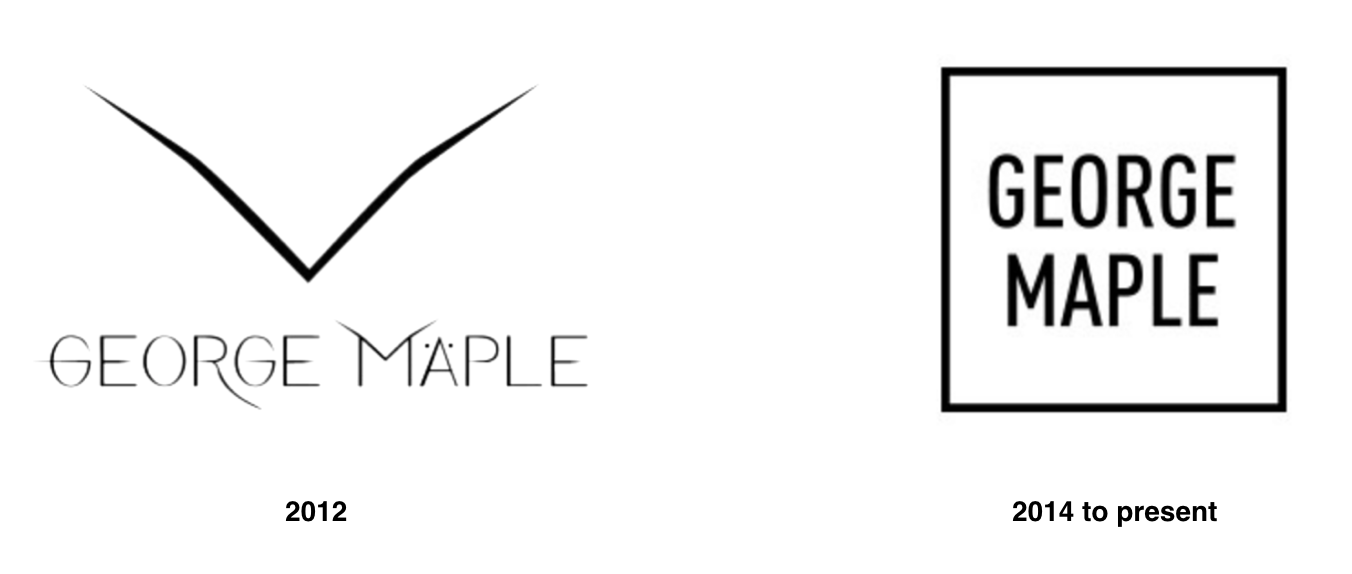It is true – Rutger Bregman’s ‘Humankind’ is a hopeful, breath of fresh air especially at this day and age where cynicism and negativity are the mindsets we come across on a usual basis.
The book talks about how the emergence of farming, agriculture, and permanent settlement was the death of humanity’s best traits – trustworthiness, generosity, and kindness. Our brains have always been wired to be trusting, generous, and kind as these were the qualities that allowed our species to survive the nomadic life. In a big and unfamiliar world, we used to depend on other people regardless of their knowledge and intention because it is all what we had – each other.
Unfortunately, settling down permanently to acquire land and learn farming brought out the worst in us. It made us selfish and short-sighted as we only see the resources that are close to us. It made us doubtful of other people because we think they are out there to compete against in the hopes of acquiring more. It made us guarded, making us see only the worst in people because of our fear of not getting what we feel is rightfully ours.
These undesirable traits are what shaped modern civilization – the bedrock of democracy, capitalism, education, and religion. We use these to sow fear and contempt amongst people to make them cooperate because if we discover that humans are innately good and intrinsically motivated, things will run its course without the need for people to herd us to the ‘right’ path. The people who established these systems say they want to ‘discipline’ us and ‘curb our selfishness’, but in fact, they just want to get ahead of us by pitting us against each other. These so-called leaders won’t be able to run their agenda back when we were still living a nomadic life because they were considered outcasts and anyone displaying these selfish motives and traits were automatically penalized.
Bregman debunked a lot of respectable studies with historical facts and uncovered a handful of rigged scientific experiments that were considered revolutionary for centuries, like The Stanford Prison Experiment by Philip Zimbardo, the Broken Window Theory by James Wilson, as well as the real story behind Easter Island. These well-known studies have been faked by people who want to be recognized in their respective fields as they know that if they presented what REALLY happened, (read: people who actually acted kindly and nicely towards each other), it would not get picked up by respectable journals and prestigious media outlets.
These studies have been the basis of many successful institutions to justify why people should doubt each other. But this book uncovered, with real, hard facts, that people are born and hard-wired to be good. When we trust in humanity’s kindness and generosity, acts of goodness will snowball from there and can create true change in society as a whole.
Aside from inciting so many positive feelings and thoughts, Humankind is well written it makes such an easy read even if it uses a lot of scientific evidences to prove a point. This book is a light at the end of this seemingly never-ending tunnel that we have been living in, allowing us to see hope amidst a world that continues to be built around pessimism.











